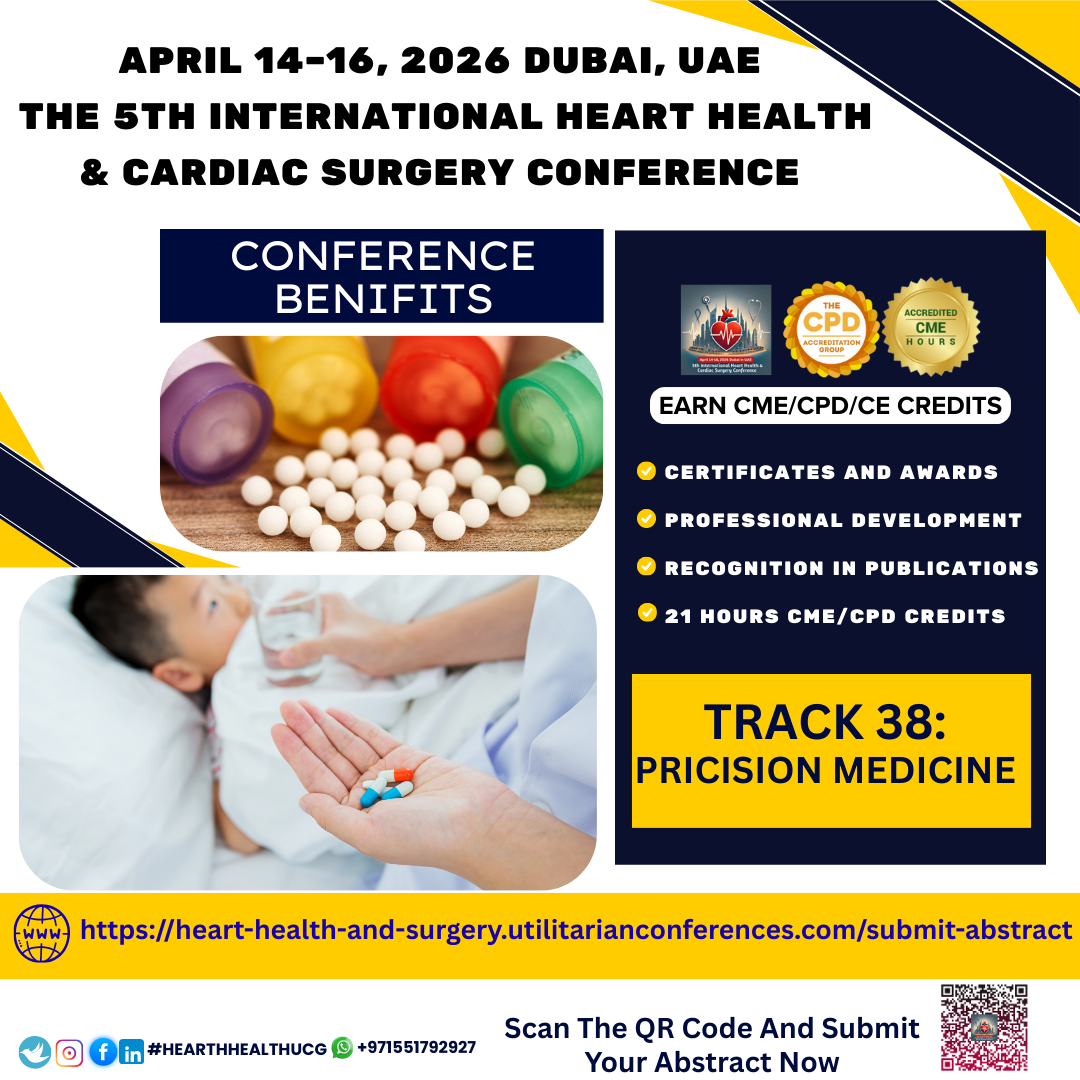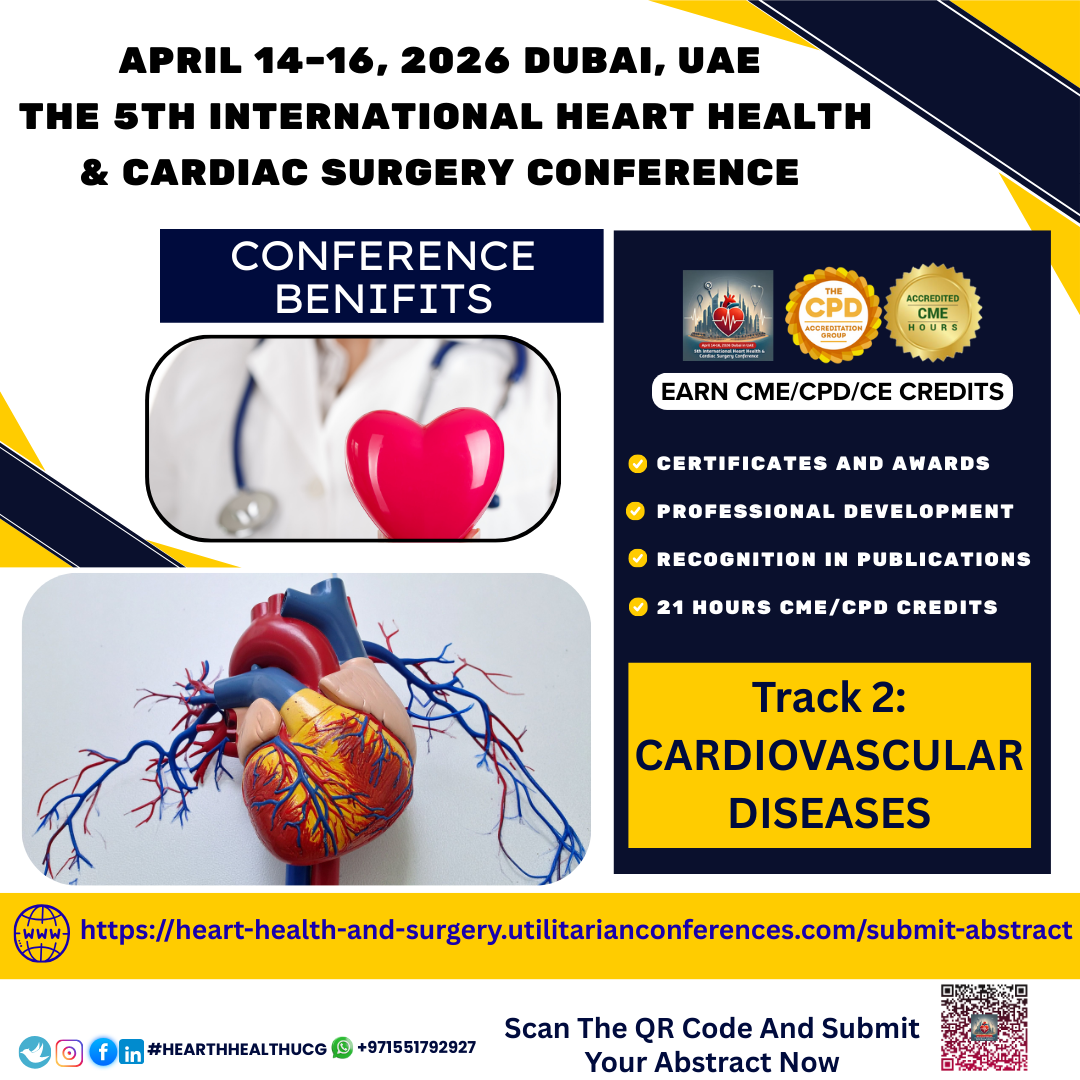



Heart Health is a broad and essential topic that refers to maintaining the...

Cardiovascular diseases (CVDs) are the leading cause of death globally,
claiming an estimated 17.9...

groundbreaking shift in how we prevent, diagnose, and treat disease.
What Is Precision Medicine?Precision
medicine refers to the customization of healthcare, where
decisions and treatments are tailored to the individual characteristics of each
patient. These characteristics can include genetics,
environment, lifestyle, and even microbiome composition.
Unlike traditional medicine, which often
applies uniform treatments to large groups, precision medicine asks: What’s the best course of treatment for this
particular person based on their unique biology and circumstances?
Every person is biologically different. That’s why two people with the same diagnosis may respond differently to the same treatment. Precision medicine allows us to move beyond the trial-and-error method of treatment by using advanced technologies to understand what works best for whom.
Key benefits include:
Targeted therapies for diseases like cancer, reducing side effects and improving outcomes.
Early risk identification for conditions like diabetes or cardiovascular disease.
Informed drug selection and dosing based on genetic markers (pharmacogenomics).
Better
disease prevention strategies customized to individual risk
profiles.
One of the pillars of precision medicine is genomic information. By
sequencing an individual's genome—the complete set of DNA—we can uncover
mutations or variations that might predispose them to certain diseases or
influence how they metabolize drugs.
For example, in cancer care, genomic testing
can reveal mutations driving tumor growth, allowing clinicians to select targeted therapies that
directly block those cancer pathways.
Targeted therapies such as HER2 inhibitors in breast cancer
or EGFR inhibitors in lung
cancer are already in clinical use, offering improved survival
and quality of life.
Genetic testing can identify patients at risk
for conditions like familial
hypercholesterolemia or help determine who benefits most from statin therapy.
Understanding how an individual metabolizes
drugs like warfarin,
clopidogrel,
or antidepressants
can prevent adverse effects and improve efficacy.
For many rare genetic disorders, precise
diagnoses through genome sequencing have led to life-changing interventions,
sometimes in newborns or even before symptoms appear.
While promising, precision medicine faces
several challenges:
·
Cost
and accessibility of genomic testing and data interpretation.
·
Privacy
and data security related to genetic information.
·
Integration
into clinical practice, requiring new tools and training.
·
Ethical
concerns, including equity in access and potential genetic
discrimination.
Precision medicine is expanding rapidly,
fueled by AI, big data, and
international collaboration. The rise of wearable
health tech, electronic
health records, and cloud-based
platforms makes it easier to collect and analyze health data at
scale.
Public and private sectors are investing
heavily in precision medicine initiatives. For example, the All of Us Research Program
in the U.S. aims to gather data from over one million people to advance
individualized care.
Precision medicine represents a transformative
step toward truly personalized healthcare. It shifts the focus from reactive to
proactive care,
from generalized to individualized
treatment. While there are hurdles to overcome, the potential
to improve outcomes, enhance patient safety, and reduce healthcare costs is
immense.
As science continues to unlock the mysteries
of the human genome and technology enables more personalized care, precision medicine is not just the
future—it is becoming the present.